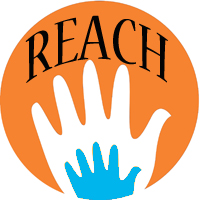REACH
We enrolled youth ages 10-13 with and without diabetes in 2002. We followed them for five years to examine the transition to adolescence, and called this the Teen Health Study. We then examined the transition out of high school, and called this the Transition Times Study.
In Research on Emerging Adults' Changing Health (REACH), we followed these young adults for 3 more years, until average age 25.
Study Goals:
- We have always been interested in comparing youth with and without diabetes in terms of their psychological well-being, social lives, and physical health. We are happy to report that most of the findings to date show no differences between the two groups.
- We examine the association of relationships with parents and relationships with friends to psychological and physical health.
- For youth with diabetes, we examine the transition from the pediatric to the adult health care system.
- For youth with diabetes, we examine the psychological and behavioral predictors of good diabetes health (glycemic control).
